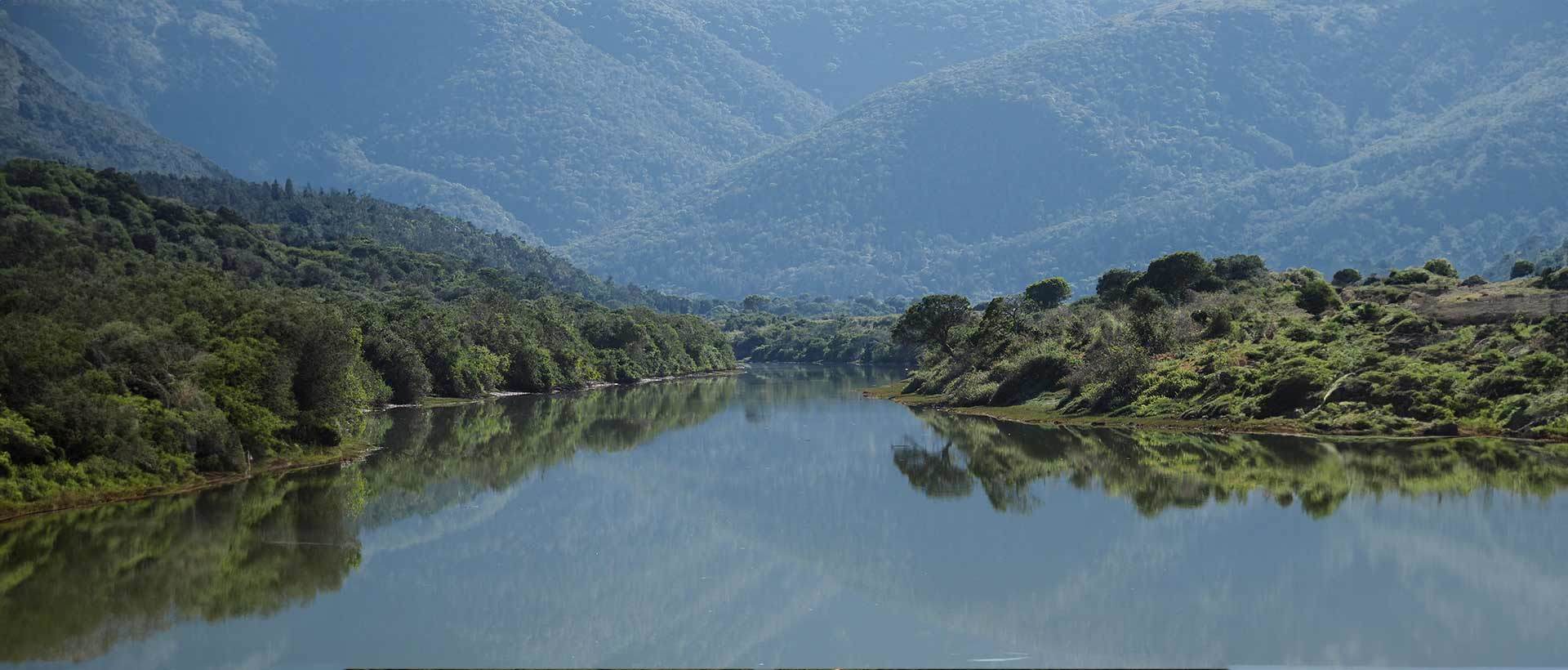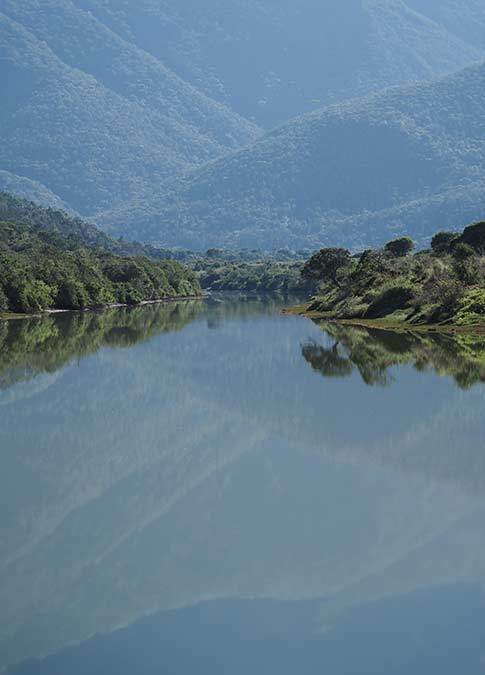What Do Safari Field Guides Study?
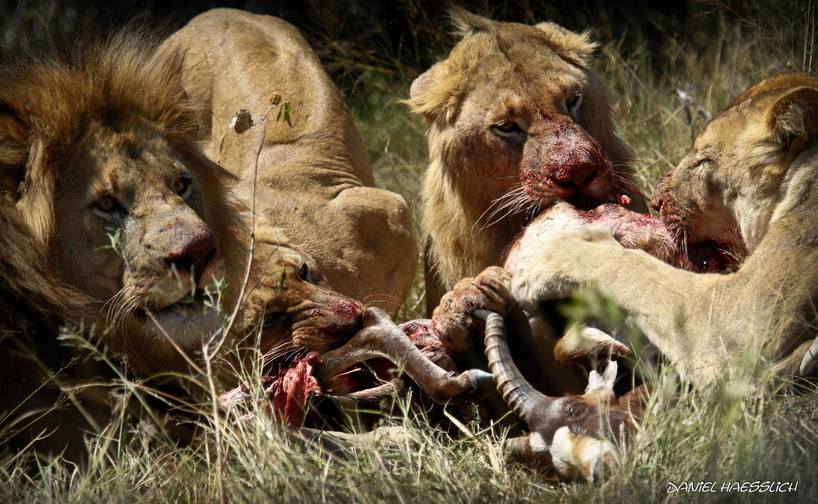
The knowledge of a nature guide, or safari field guide, is not just linked to wildlife species that we come across on game drives, but to the much bigger picture. Safari field guides develop a holistic knowledge and understanding of the bush, along with the skill of weaving all these aspects together in a way that highlights the intricate web of life in the African bush.
All Kariega safari field guides have completed various levels of the Field Guide Association of Southern Africa (FGASA) Field Guide syllabus, a delightful and comprehensive course that covers the following 17 theoretical modules:
- Creating a guided nature experience
- Geology
- Astronomy
- Weather and climate
- Taxonomy (the naming and classifying of living organisms)
- Ecology
- Botany (plants and grasses)
- The biomes of southern Africa
- Arthropods and their relatives (a selection of insects and other invertebrates for the syllabus)
- Fish
- Amphibians (we cover frogs and toads)
- Reptiles (from snakes and lizards to the tortoise group)
- Birds
- Mammals
- Animal behaviour
- Conservation management
- Historical human habitation
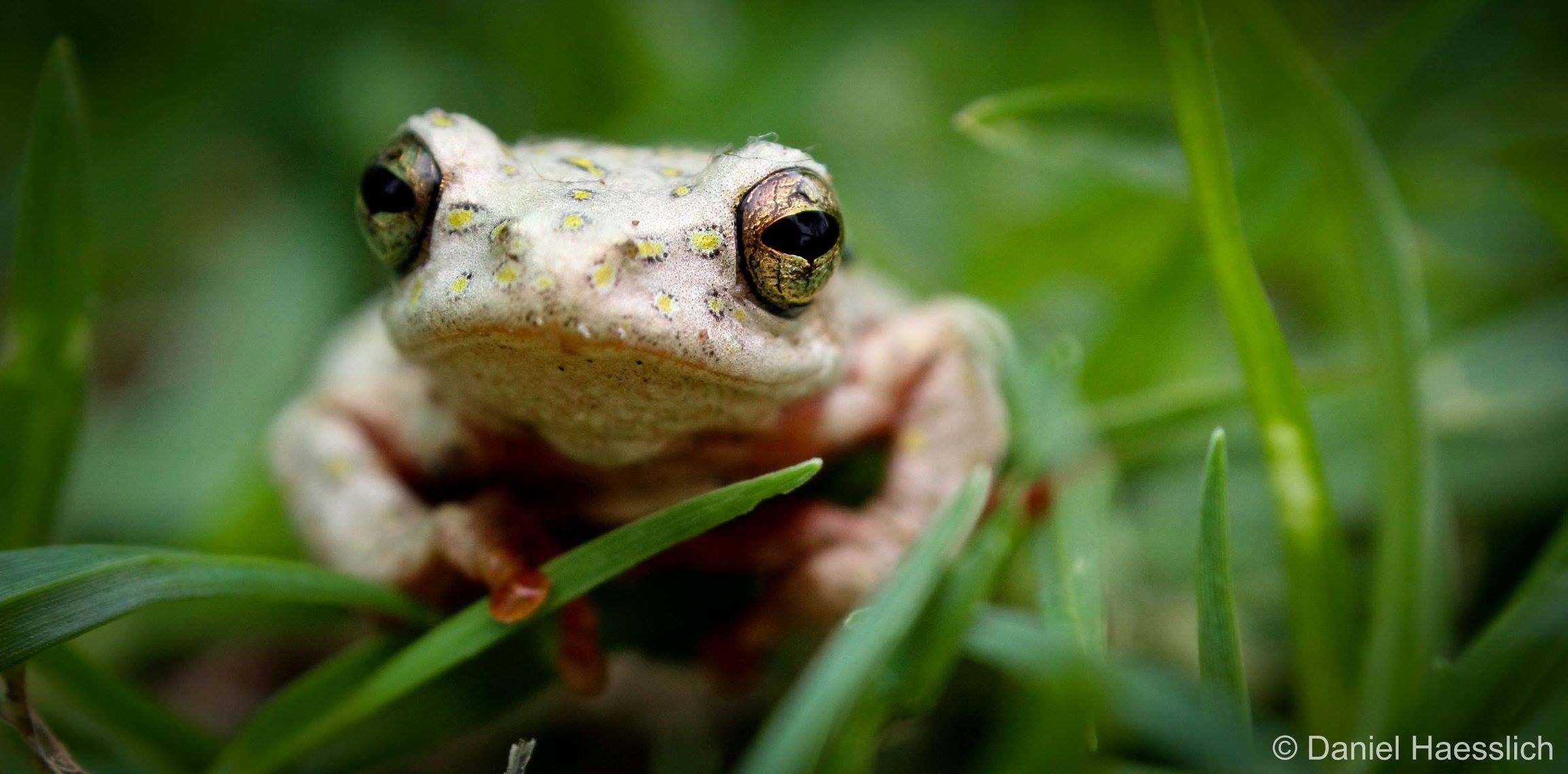
It is important for our safari field guides to have a strong knowledge base, empowering them to provide meaningful interpretation of the wildlife and surrounding environment for our safari guests. The standard is high, with students being required to achieve at least 75% for the theory exam in order to qualify for the practical evaluation.
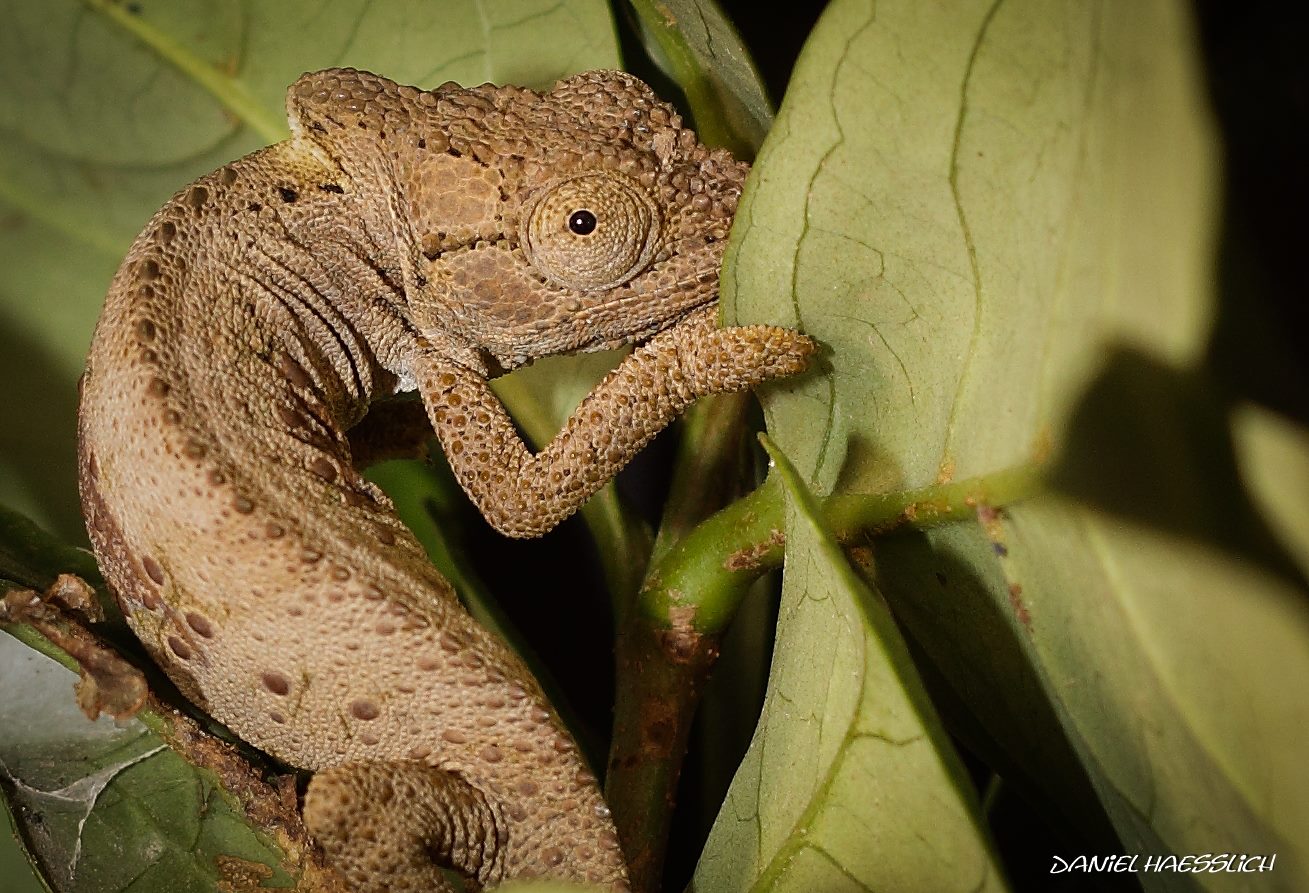
If you have any questions about what a safari at Kariega Game Reserve, please contact us on reservations@kariega.co.za. You are also welcome to get in touch with us via our social media channels including Facebook, Twitter and Instagram. We are always happy to help.
